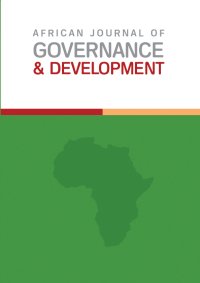Disability and Workplace Inclusiveness; Regulatory and Structural Experiences from Developing Economies: A Case of Selected Organizations in Kampala Metropolitan, Uganda
Main Article Content
Abstract
Creating an inclusive workplace for all potential and current workers has for some time been a matter of concern to management scholars and practitioners. There exists substantial evidence that stakeholders have been making efforts to create inclusive
workplaces aimed at enabling PWDs to access, stay and perform. This study interrogated such efforts, and the lived experiences of PWDs in the workplace. The main questions were: Are the PWDs enabled to physically access the workplace? Are PWDs provided with
tailored facilities that enable them to work? Are they provided with support services? This study utilised a multiple case study design that provided for both comparing and substantiating emerging content and themes. The preferred in-depth interviews from 16
participants and document reviews enriched the empirical study. The findings showed that implementation of the regulations and structures was piecemeal, and also inadequately focused on a few types of disabilities. Discrimination still exists, with employers
considering employing PWDs as being costly to the organisation. We recommend that more efforts, especially with regard to enforcement or provision of incentives to employers, is prioritised. Furthermore, government needs to update and sensitise the
public about the different forms of disability, especially the hidden ones.
Article Details

This work is licensed under a Creative Commons Attribution-NonCommercial-NoDerivatives 4.0 International License.
